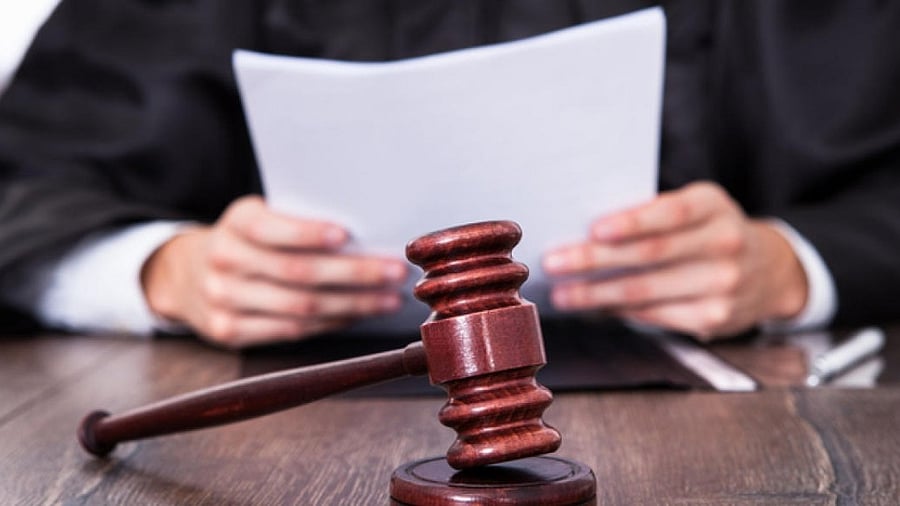
Representative image of a judgement.
Credit: iStock Image.
New Delhi: The Supreme Court on Friday said a higher threshold is required to invoke penal offence related to abetment to suicide, and the provision should not be deployed against individuals, only to assuage immediate feelings of distraught family of the deceased.
A bench of Justices Abhay S Oka and K V Vishwanathan said it is time the investigating agencies are sensitised to the law laid down by this court under Section 306 so that persons are not subjected to the abuse of process of a totally untenable prosecution.
"The trial courts also should exercise great caution and circumspection and should not adopt a play it safe syndrome by mechanically framing charges, even if the investigating agencies in a given case have shown utter disregard for the ingredients of Section 306," the bench said.
The court said the conduct of the proposed accused and the deceased, their interactions and conversations preceding the unfortunate death of the deceased should be approached from a practical point of view and not divorced from day-to-day realities of life.
"Hyperboles employed in exchanges should not, without anything more, be glorified as an instigation to commit suicide," Justice Vishwanathan wrote on behalf of the bench in a judgment.
Allowing a plea by appellant Mahendra Awase against Madhya Pradesh High Court's refusal to discharge him in a case, the bench pointed out this court has, over the last several decades, repeatedly reiterated the higher threshold, mandated by law for Section 306 IPC (now Section 108 read with Section 45 of the Bharatiya Nyaya Sanhita, 2023) to be attracted.
"They however seem to have followed more in the breach. Section 306 IPC appears to be casually and too readily resorted to by the police," the bench said.
The appellant was alleged to have caused harassment to the deceased over repayment of a loan.
However, after examining the facts, including suicide note and transcripts of audio conversations, the bench said, "There are no grounds to frame charges under Section 306 IPC against the appellant. This is so even if we take the prosecution’s case on a demurrer and at its highest."
Allowing his plea against framing of charges, the court said the appellant by performing his duty of realising outstanding loans at the behest of his employer can be said to have instigated the deceased to commit suicide.
"Viewed from the armchair of the appellant, the exchanges with the deceased, albeit heated, are not with intent to leave the deceased with no other option but to commit suicide. This is the conclusion we draw taking a realistic approach, keeping the context and the situation in mind. Strangely, the FIR has also been lodged after a delay of two months and twenty days," the bench said.
Going by the language of the provisions, the court said in order to bring a case within the purview of Section 306 IPC, there must be a case of suicide and in the said offence, the accused must have played an active role by an act of instigation or by doing certain act.
"Therefore, the act of abetment by the person charged with the said offence must be proved and established by the prosecution before he could be convicted under Section 306 IPC," the bench said.
To satisfy the requirement of instigation the accused by his act or omission or by a continued course of conduct should have created such circumstances that the deceased was left with no other option except to commit suicide, the bench said.
This court has earlier held that a word uttered in a fit of anger and emotion without intending the consequences to actually follow cannot be said to be instigation, the bench pointed out.
